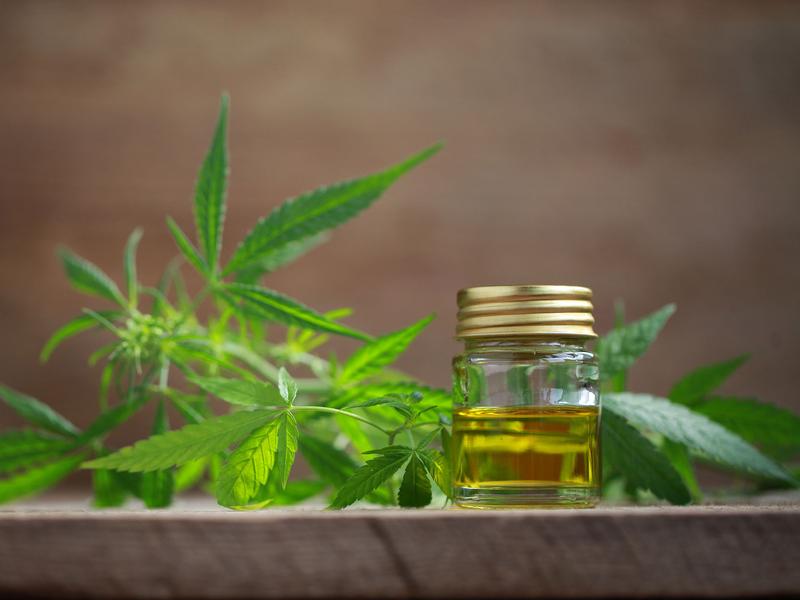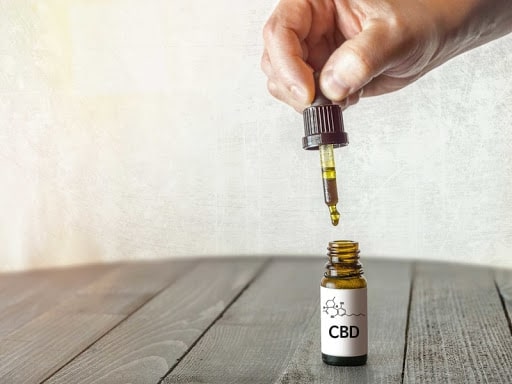
Many states have legalized the medical use of hemp products, and several, including Washington, have legalized recreational use as well. This has led to more questions about the role that any of these products may have for pediatric patients. There is little research on the use of these products in children. Despite state-level legalization, the federal government still classifies hemp as a Schedule I drug, meaning that “there is no currently accepted medical use. Research on Schedule I drugs is very limited.
The compounds and their effects
THC (tetrahydrocannabinol) is the active compound in hemp plants that provides the psychoactive effects. Low levels of it can also be found in hemp.
CBD (cannabidiol) is found in hemp. It has no psychoactive effects, other than sedation. Its use has been promoted for many different conditions, and many forms of the product are available without a prescription. CBD derived from hemp plants is illegal at the federal level. CBD derived from hemp is legal at the federal level and in most states.
Medical uses
Some medications containing THC or its derivatives are approved by the FDA for limited indications, such as nausea associated with chemotherapy or anorexia in AIDS patients. These must be prescribed by a doctor. None are approved by the FDA for patients under 18 years of age. Products containing THC are not legal for children in any state, so there is essentially no research on their use.

A new drug called Epidiolex has been developed that contains purified CBD. It has been found to be effective in treating seizures in two rare conditions: Lennox-Gastaut syndrome and Dravet syndrome.
Other than Epidiolex, there are no other FDA-approved or regulated forms of CBD. It is available without a prescription, in a variety of forms such as oils, gummies and patches. The purity and amount of CBD in these products varies greatly. Some products contain small amounts of THC, which is not recommended for children. CBD can have adverse effects. It interferes with the metabolism of several prescription drugs. Clinical trials of the drug Epidiolex showed that CBD can be toxic to the liver in some patients.
Safety for Children
CBD products are being used on children by their parents for a variety of reasons, but there are no good studies to support this. There is some evidence that CBD is helpful for anxiety in adults, but this has not been studied in children. One study suggested that CBD may help reduce symptoms in children with more severe forms of autism, but the study did not include a control group. More research is needed before this can be recommended.
AAP recommendation
The American Academy of Pediatrics does not support the use of medical hemp products outside of the FDA regulatory process. They support changing the DEA’s classification of hemp to List II, which would make it easier to do more research. They do not recommend that any drug be administered through smoking.
During pregnancy
Both the American Academy of Pediatrics and the American College of Obstetricians and Gynecologists do not recommend the use of hemp products in pregnancy. hemp use during pregnancy is not known to be safe. Use in pregnancy has been associated with fetal growth restriction, premature birth, increased risk of stillbirths and miscarriages, and an increased rate of admission to neonatal intensive care units.
The conclusion is that there is very little reliable scientific evidence available at this time to support the use of hemp or CBD products in paediatric patients. We encourage you to discuss any questions about CBD use with your child’s provider.
If you want to learn more, please follow the readers digest to get more important information.
